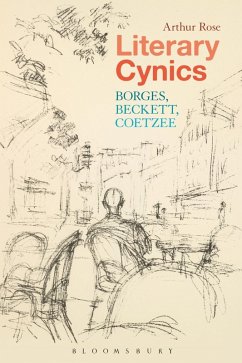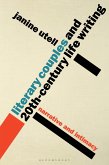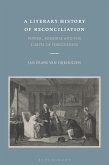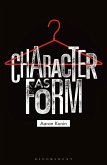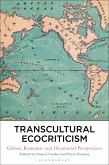Focusing on work by Jorge Luis Borges, Samuel Beckett and J.M. Coetzee, Literary Cynics explores the relationship between literature and cynicism to consider what happens when authors write themselves into their art, against the rhetoric of authority.
Rose takes as his starting point three moments of aesthetic crisis in the careers of these literary cynics: Borges's parables of the 1950s, Beckett's plays of the 1980s, and Coetzee's pedagogic novels of the 2000s. In their transition to 'late style', the works reflect their writers' abiding concern with particular conceptions of rhetoric and aesthetic form. Literary Cynics combines accounts of these 'late' works with classic, lesser known, and archival texts by the three writers, from Coetzee's Disgrace to Beckett's letters, as well as detailed analysis of cynicism, both ancient and modern, as a philosophical and political movement.
Rose takes as his starting point three moments of aesthetic crisis in the careers of these literary cynics: Borges's parables of the 1950s, Beckett's plays of the 1980s, and Coetzee's pedagogic novels of the 2000s. In their transition to 'late style', the works reflect their writers' abiding concern with particular conceptions of rhetoric and aesthetic form. Literary Cynics combines accounts of these 'late' works with classic, lesser known, and archival texts by the three writers, from Coetzee's Disgrace to Beckett's letters, as well as detailed analysis of cynicism, both ancient and modern, as a philosophical and political movement.

